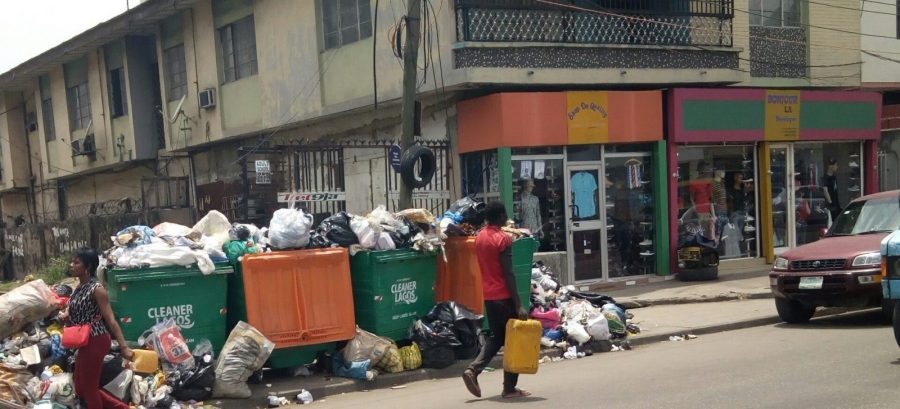Being a regular follower of Freakonomics in the New York Times, I’ve come to be fascinated by the peculiar nature of man. His actions, desires, needs, wants, behaviors are if anything inhuman.
Recently, I read in the news somewhere that humanity have lost more to Natural Disaster than to terrorism combined. For example, the Haitian earthquake claimed about 222,000 lives this year alone. Compare that to the number of lives lost from terrorism, estimated at roughly 5,000 lives world wide including those associated with the war on terrorism. Infact some pundits believe we’ve lost more to natural disasters this year than to terrorism in the last 40 years.
So, how do we explain the irony. Human nature tend to react adversely to occurrences beyond it’s control than to those perceived as within it’s control. For example, people prefer to ride on an okada without a helmet than to ride on an okada with one. Reason being they are more afraid of catching diseases from the helmet than the imminent danger of hitting their head on the floor from a freak accident. Thus, the risk of hitting their head on the floor is more within their control as they probably believe that on a bike there is a chance of seeing an accident occur before hand thus giving them the ability to probably jump off the bike. In contrast to getting a head disease, they neither know who had probably worn the helmet nor know if it’s regularly washed. So rather than wear it, they choose not know for the same reason of not having control. The fact however is that people will die more from head injuries arising from lack of helmet than from head related diseases caused by wearing the helmets.
Based on the above theory, we see why Governments rather spend billions of dollars on preventing and fighting terrorism than on combating the effects of climate change which obviously claims more lives than terrorism. Hard to blame the government on this one, as people are more afraid and outraged by death caused terrorism (out of their control) to those caused by natural disasters (within their control). People can easily leave an earthquake prone zone for fear of earthquakes and it’s attendant tsunamis. But terrorism can happen anywhere, so people ordinary do not have control over it.
Understanding the concept of fear and risk to humanity is important to explaining the priorities of governments in all sphere of life. It’s why our Government will rather spend more money Legislators than on Education. It’s also why our leaders rather travel abroad for medical treatment than invest in the health sector. Sometimes corruption is not the main reason why Nigeria is where it is today. Successive Governments are afraid to take giant strides basically because of the risk and incentives available. The government will not tackle power supply because of there is potentially more risk in doing so on the side of the Lobbyist ala Generators importers who bankroll their rigging than to the populace who’s vote probably don’t count.
Therefore, when the Government realizes that the vote of the people do count, they become more responsible and accountable due to the perceived risk of loosing on the polls. So, far from corruption, the number one enemy of bad governance is electoral fraud. Using the common example of an okada rider above, the Government will never change till they view they believe the risk of angering the masses is a threat to their clinging to power. That’s the fight we should be advancing, VOTER FRAUD. People must come out to vote and make sure that their votes are counted. The press should be more engaging and play a larger role. Far from relying on the INEC they should conduct their own exit polls which has shown the world over, is very reliable in determining who has won elections.
Risk= Hazard + Outrage as Freakonmics say. In this equation, Outrage out weighs Hazard. People are more outraged by a child abused by a house help than of another abused by a parent even though the child suffers the same amount of bodily harm if not worse from the latter.

















Your views are so true here that it's made me see that the situation's useless,well, I think it is for now..